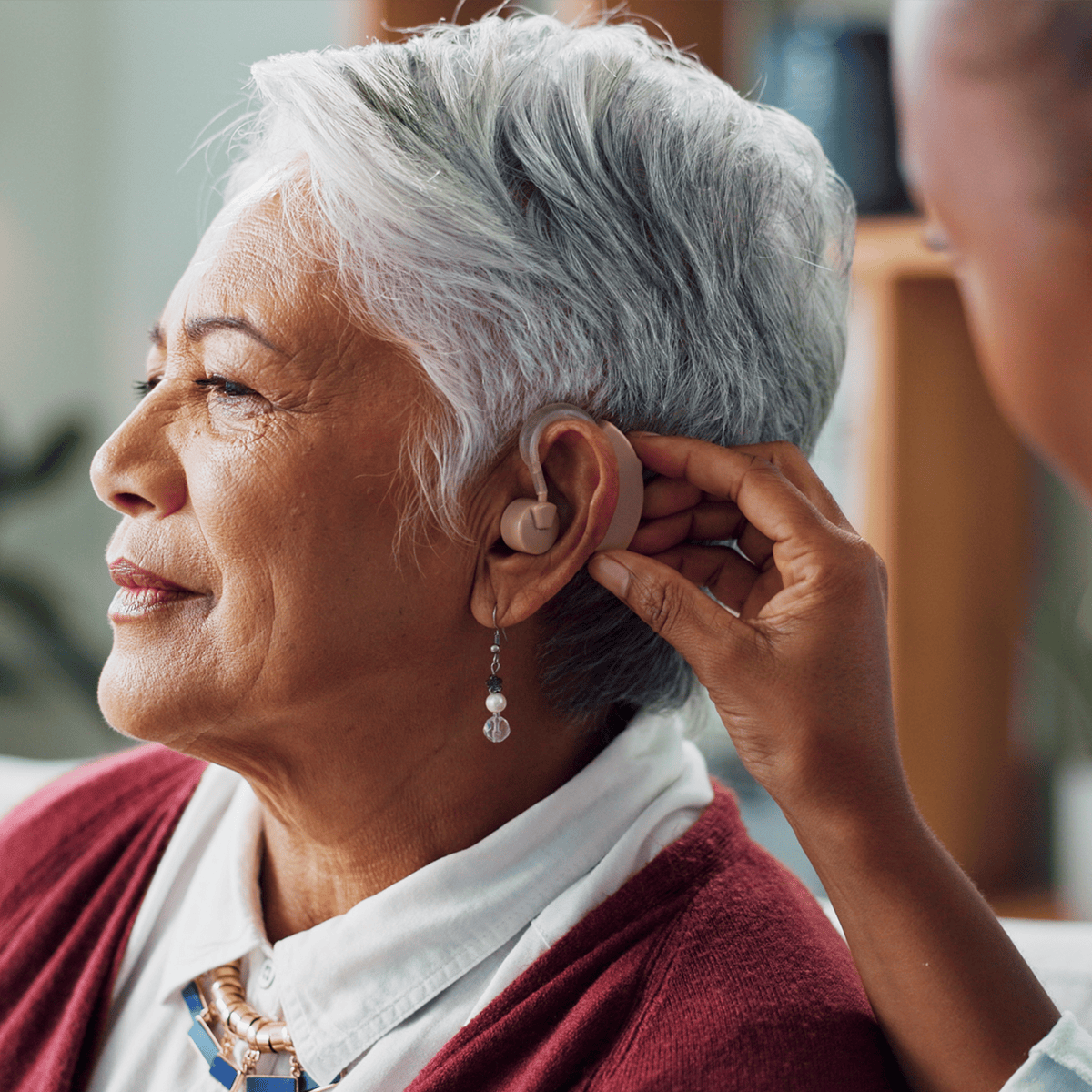Cricket Sound in Your Ears? Learn What Causes It and How to Treat It

Key Takeaways
- The “cricket sound” in your ears is a common symptom of tinnitus, which can sound like ringing, buzzing, or chirping.
- Tinnitus is not a disease, but a symptom that may be linked to hearing issues or other health conditions.
- Common causes include age-related hearing loss, earwax buildup, loud noise exposure, certain medications, and health issues like high blood pressure or diabetes.
- Relief strategies include stress management, sound therapy, healthy lifestyle habits, and seeking support from others.
- Treatment options may involve hearing aids, medical treatments, counseling, or Tinnitus Retraining Therapy (TRT).
- To prevent tinnitus or reduce its severity, protect your ears from loud noises, manage stress, review medications with your doctor, and attend regular checkups.
Do you hear a chirping noise in your ears? Does it sound like a cricket is stuck in your ear? Don’t worry, it’s probably not a real bug! However, the noise can still be very annoying.
Many people, especially older adults, experience this sound. Let’s discuss the reasons why and the steps you can take to treat this condition.
What Is the “Cricket Sound” in the Ears?
The “cricket sound” you hear in your ears is called tinnitus. This is a sound you hear even when there is no noise outside. Some people experience tinnitus as ringing, chirping, buzzing, whistling, or clicking sounds.
Tinnitus can affect one ear or both. It may come and go, or it can be constant. The sound can be soft or loud, and sometimes it can be hard to ignore.
Oftentimes, tinnitus sounds like crickets, but it is not a disease. Instead, it is a symptom that indicates there may be an issue with how your ears are working. While tinnitus can be bothersome, it’s important to understand that it usually does not mean you have a serious health problem.
Common Causes of Tinnitus in Seniors
There are several common reasons why you may hear a chirping noise in your ear from tinnitus.
- Hearing loss: Age-related hearing loss is common and can sometimes lead to tinnitus.
- Earwax buildup: Too much earwax can block the ear canal and cause the sensation of sounds like crickets or chirping.
- Loud noises: Exposure to high-decibel noises for a long period of time, like attending concerts or using heavy machinery, can cause hearing loss and trigger tinnitus.
- Medications: Certain medications list tinnitus as a side effect. If you think this might be the cause, talk to your doctor about how to get rid of cricket sounds in your ears.
- Health conditions: Some health issues, such as high blood pressure or diabetes, can sometimes contribute to tinnitus by affecting blood flow and nerve function.
How to Find Relief from the Cricket Sound in Your Ears
Luckily, there are ways to find relief and make it easier to handle. Here are a few simple steps you can take:
- Manage stress: Feeling anxious about the sound can make it worse. Try simple relaxation techniques, like deep breathing, gentle stretching, or focusing on calm activities you enjoy.
- Sound therapy: Listening to background noise can help distract you from the ringing. Some people like to use a fan, soft music, or nature sounds.
- Healthy habits: Just like anything else in your body, your ears work better when you’re eating a healthy diet and exercising regularly.
- Talk to others: Sharing your feelings with family and friends can be helpful. You might learn new tips from people who have the same experience.
Treatment Options
If these simple tips aren’t enough to help with the cricket sound in your ears, schedule an appointment with a hearing care professional or an audiologist. They can give you the best advice for your situation and find a treatment that works for you, including:
- Hearing aids: If tinnitus is caused by hearing loss, using hearing aids may help. Hearing aids can make outside sounds louder, which could make the ringing in your ears less noticeable.
- Medical treatment: The right medication or prescription could help you manage tinnitus.
- Counseling: Tinnitus can sometimes be caused by stress. Talking with a therapist can help you learn ways to cope and reduce the ringing in your ears.
- Tinnitus etraining Therapy (TRT): TRT combines sound therapy with counseling to help your brain block out the tinnitus. This takes time and practice, but it can be very helpful.
How to Protect Your Hearing Health
To help prevent tinnitus from starting or getting worse, here are some simple tips to protect your hearing health:
- Protect your ears: Use earplugs or earmuffs when you’re around loud noises to reduce the risk of hearing damage.
- Check your medicine: If you think a medicine is causing your tinnitus, talk to your doctor about possible adjustments.
- Manage stress: Engaging in activities you enjoy can help reduce stress and prevent tinnitus from worsening.
- Schedule regular check-ups: Routine visits with your doctor can help catch potential health issues early and support your overall well-being.
Don’t hesitate to reach out to healthcare professionals, friends, or family for support. They can help you better understand what tinnitus is, why it’s happening, and what steps you can take to manage it more effectively.







